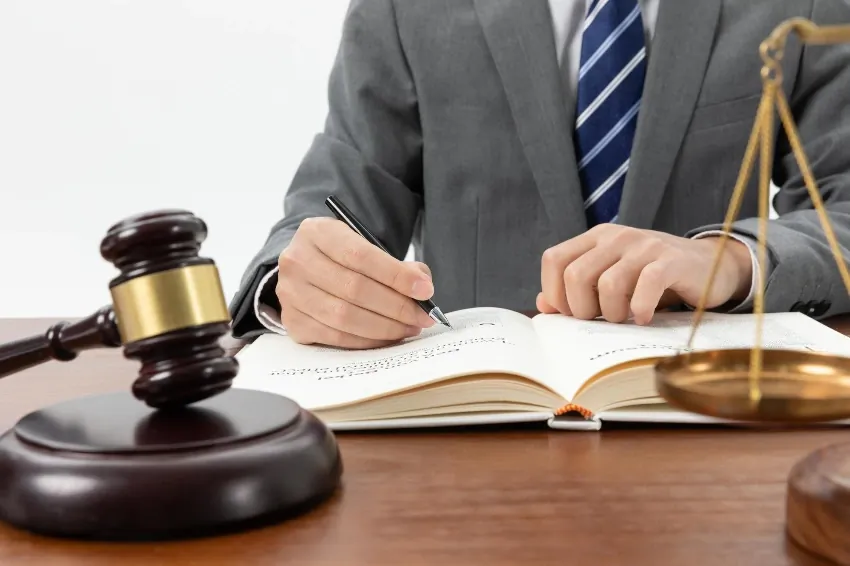
Referral to the Civil Judge in Judgment No. 1662 of 2024: A In-Depth Analysis
Let’s explore ruling no. 1662 of 2024 of the Court of Cassation concerning the procedures for referral to the civil court in the case of preventive seizure and the legal implications for the ownership of the seized assets.

Analysis of Judgment No. 1663 of 2024: Referral to the Civil Judge in Case of Dispute over Ownership.
Judgment no. 1663 of 2024 clarifies the procedures for referral to the civil court in case of disputes over the ownership of seized assets. Let’s explore the implications of this decision and its impact on criminal procedural law.

Commentary on Judgment No. 45262 of 2024: Referral and Legal Qualification
Analysis of ruling no. 45262 of 2024, which addresses the issue of the legal qualification of the fact and the applicability of Article 578 of the Code of Criminal Procedure in the case of prescription, highlighting the fundamental principles and implications for criminal law.
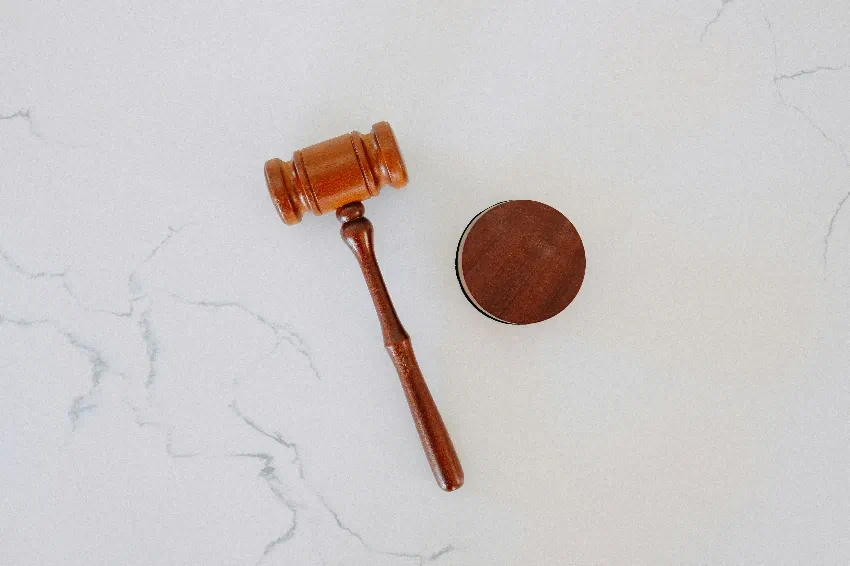
Commentary on ruling no. 45829 of 2024: substitute penalties and the competence of the judge of referral.
Analysis of ruling no. 45829 of 2024 regarding the application of substitute penalties in the event of annulment with referral. An in-depth look at the transitional provisions introduced by the Cartabia Reform.
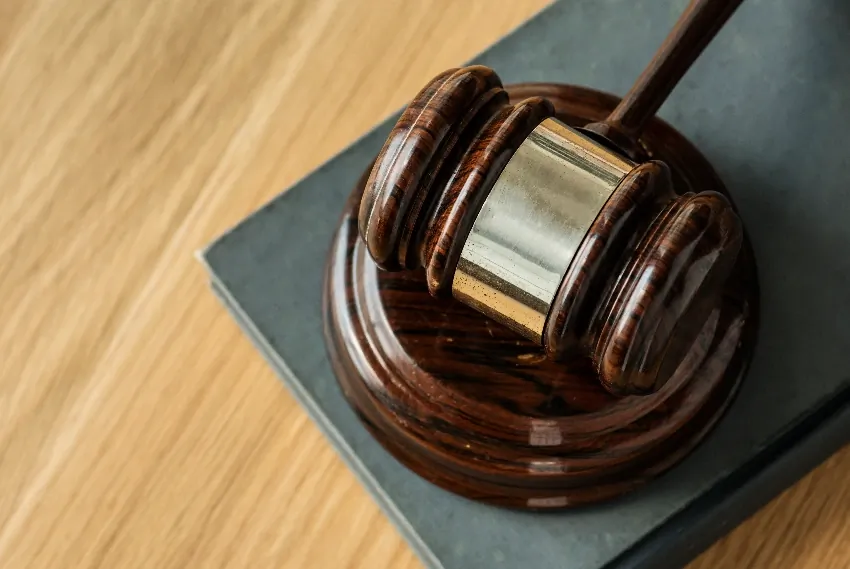
Analysis of Judgment No. 47344 of 2024: Referral and Irrevocability of Established Liability.
The recent ruling of the Court of Cassation clarifies the implications of partial annulment regarding the sanctioning treatment and the prosecutorial regime of the offense, providing essential guidance for understanding the stability of liability assertions.

Commentary on ruling no. 25048 of 30/03/2023: Inadmissibility of the appeal and referral to the competent judge.
Let's analyze ruling no. 25048 of March 30, 2023, which clarifies the procedures for the annulment of inadmissibility decisions regarding appeals and the referral of documents to the competent judge. A useful insight for understanding procedural dynamics.

Prescription and adjournment of the trial: analysis of ruling no. 15405 of 2023.
The ruling no. 15405 of 2023 by the Court of Cassation clarifies the effects of the postponement of the trial at the request of the civil party and the non-suspension of the statute of limitations in the absence of explicit consent from the defense.
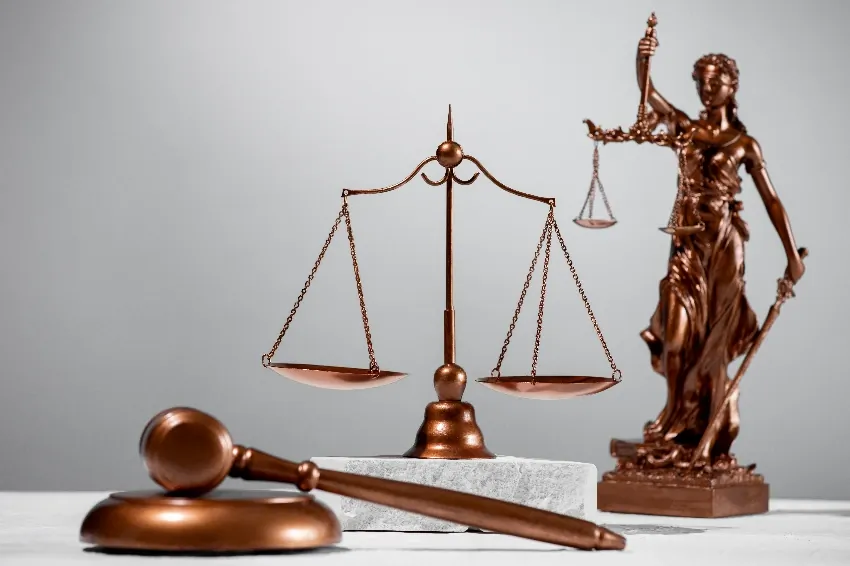
Commentary on Judgment No. 16440 of 2024: Preclusion of Additional Grounds in the Remand Proceedings.
Analysis of ruling no. 16440 of 2024, which establishes the preclusion of submitting additional grounds in the appeal judgment, clarifying the limits of the criminal procedure.
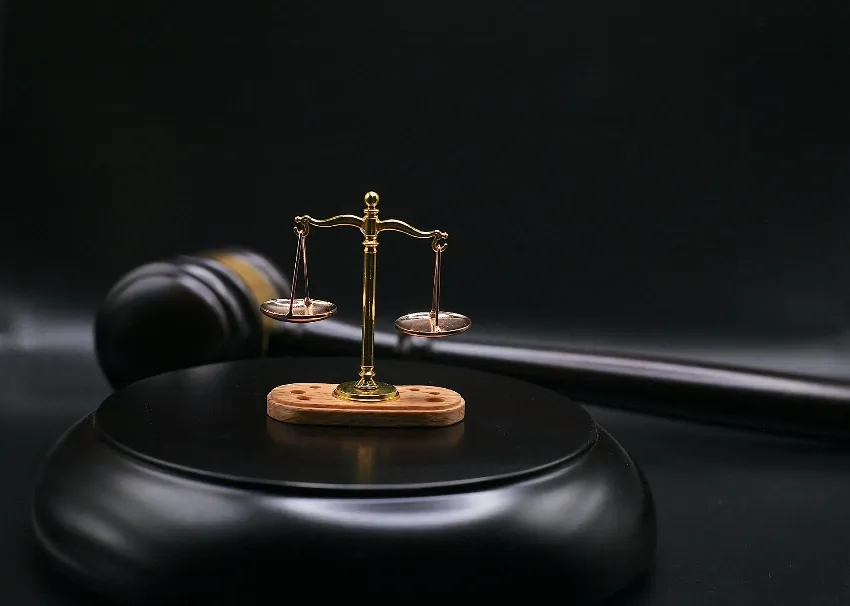
Commentary on Judgment No. 15141 of 2024: Necessary Referral and the Prohibition of Bis in Idem.
Let's analyze the recent ruling no. 15141 of 2024, which clarifies the dynamics of referral to the court of first instance in the context of the prohibition of double jeopardy, highlighting the importance of ensuring a level of merit for the defendant.

Commentary on Judgment No. 14509 of 2023: Liability of the Public Prosecutor in Direct Citation Offenses.
Judgment No. 14509 of 2023 clarifies the prosecutor's obligation to execute the judge's orders even in case of error, ensuring rights for the defendant and outlining the boundaries of criminal action.